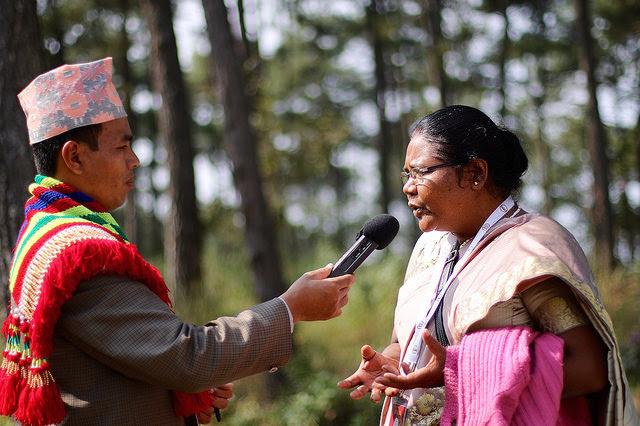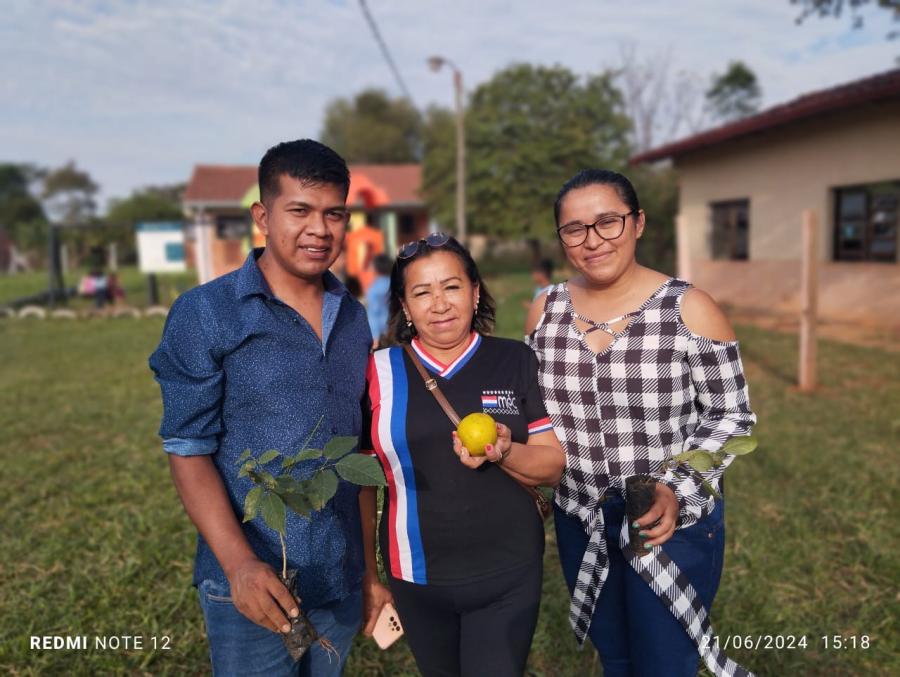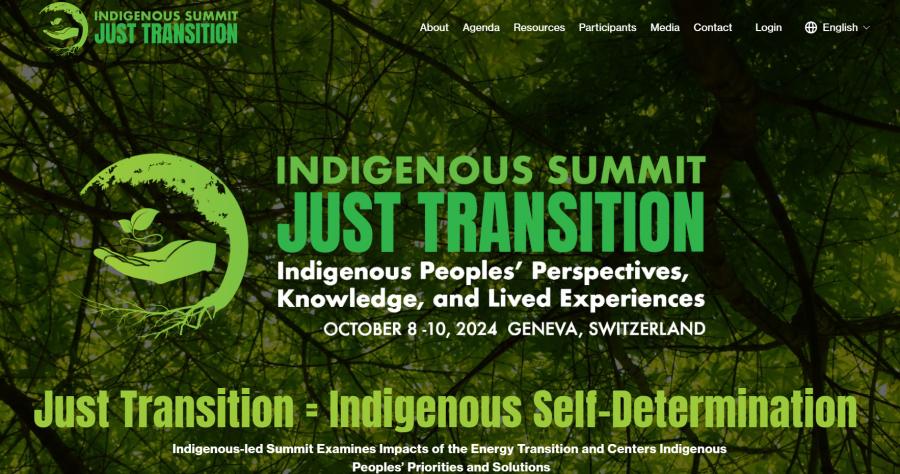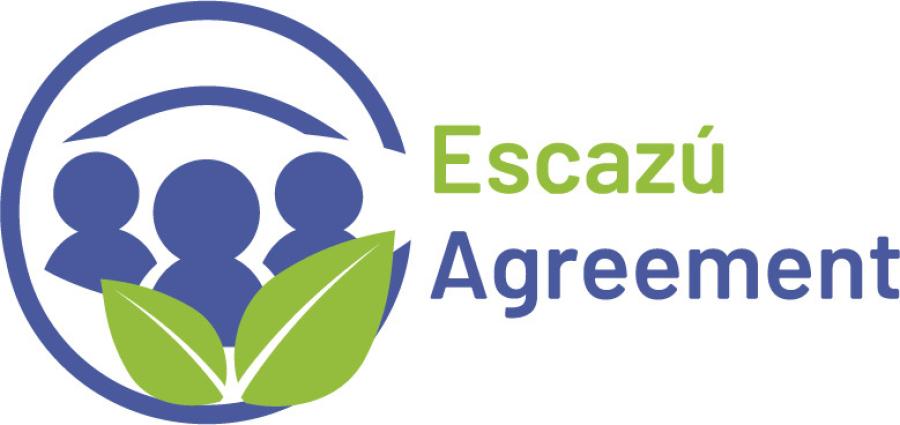
|
Happy World Radio Day!
Radio continues to be a crucial tool for strengthening communities. UNESCO has celebrated World Radio Day every year in February since 2013, highlighting the adaptability and universality of the medium of radio, and celebrating its accomplishments in promoting equality and access to resources worldwide.
For Indigenous Peoples especially, radio can save lives. In emergencies, natural disasters, and humanitarian crises, community radio gets the message out in the language of local communities when no other medium can. Radio is accessible to everyone, crossing economic, literacy, and digital divides.
Article 16 of the UN Declaration on the Rights of Indigenous Peoples guarantees that Indigenous Peoples have the right to establish their own media in their own languages, and should have access to all forms of non-Indigenous media without discrimination.
Join us in celebrating World Radio Day by listening to our programs below focusing around radio and their importance in our communities.
IRR producer Shaldon Farris with Irina Bokova, Director-General of UNESCO.
 Dev Kumar Sunuwar shares the importance of community radio to Indigenous People in his community in an interview with Indigenous Rights Radio producer Kaimana Barcarse. Program courtesy of UNESCO in celebration of World Radio Day. "Rozana is an independent, politically and religiously non-affiliated media. Its programs discuss Syrian issues and strive to give voice to all different viewpoints. In this interview, you will discover how Radio Rozana reaches its diaspora through using apps such as WhatsApp. Rozana is a radio station that is driven by its audience."
Bonus material:
Read this interview with Ryan McMahon, Anishinaabe media maker and creator of the podcast Indian & Cowboy, based out of Treaty #1 territory in Northwestern Ontario, Canada. By Liza Yeager of the Bello Collective.
"I just think the medium [audio] is so exciting. It's relatively inexpensive to produce; it's a flexible creative medium that allows us to be publishers, you know? At the end of the day, legacy media does not belong to Indigenous people or people of color. We don't own these places...But maybe more importantly, one of the reasons we chose audio was political. Almost every Indigenous community has a radio station. That is one thing we have. We use radio as sort of our beacon to the world." -Ryan McMahon
|
|
Hindenburg Supports Indigenous Community Radio on World Radio Day
Our amazing partners at Hindenburg produce some of the best journalism software on the market today. To celebrate World Radio Day, Hindenburg will proudly offer a full Journalist licence for $1.90 to everyone interested in purchasing. Hindenburg will match all income from those licence sales and donate all proceeds to Cultural Survival. Thank you Hindenburg!
We know we can count on our loyal supporters to make a special donation in honor of World Radio Day and the Indigenous communities we work with.
|






